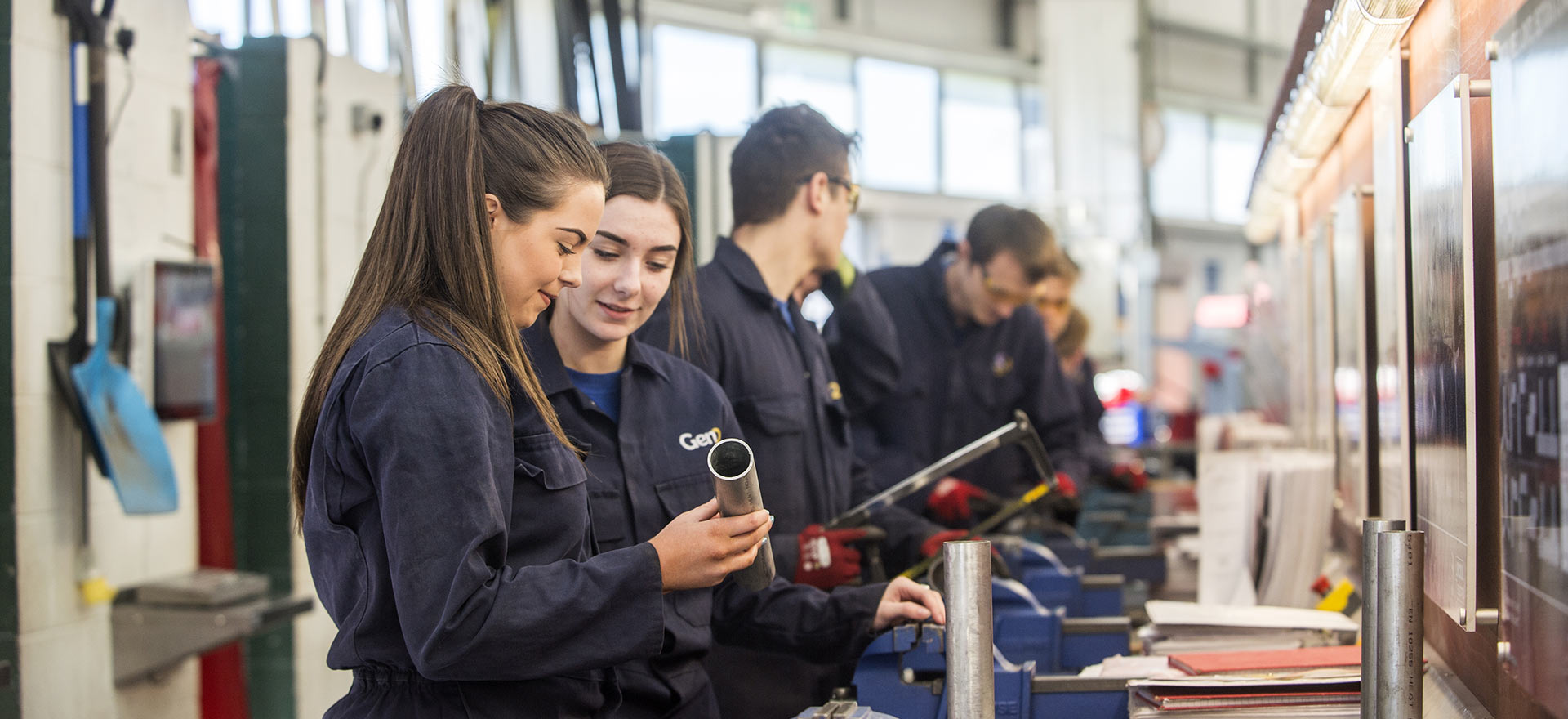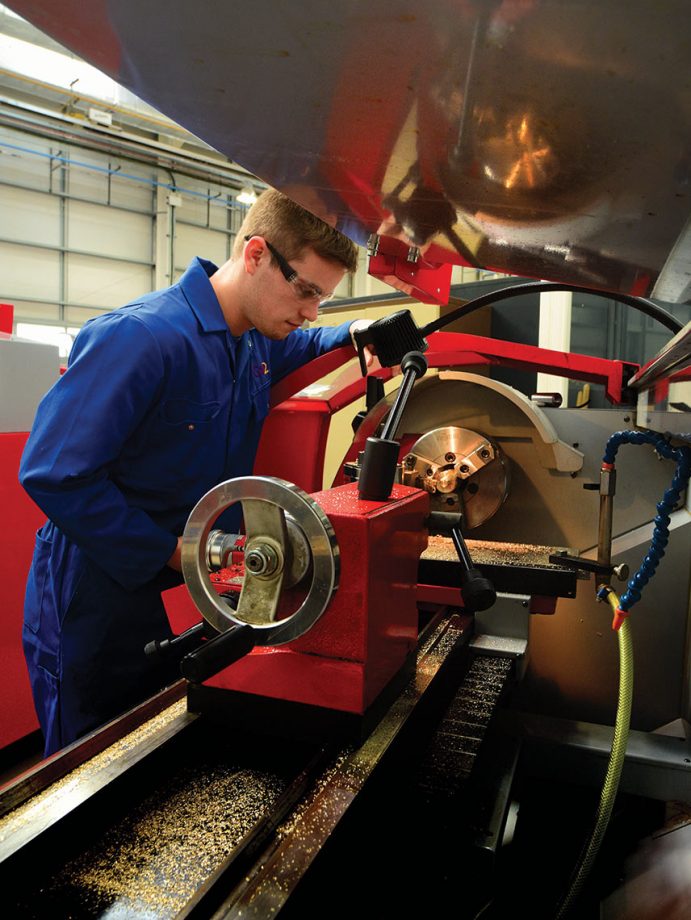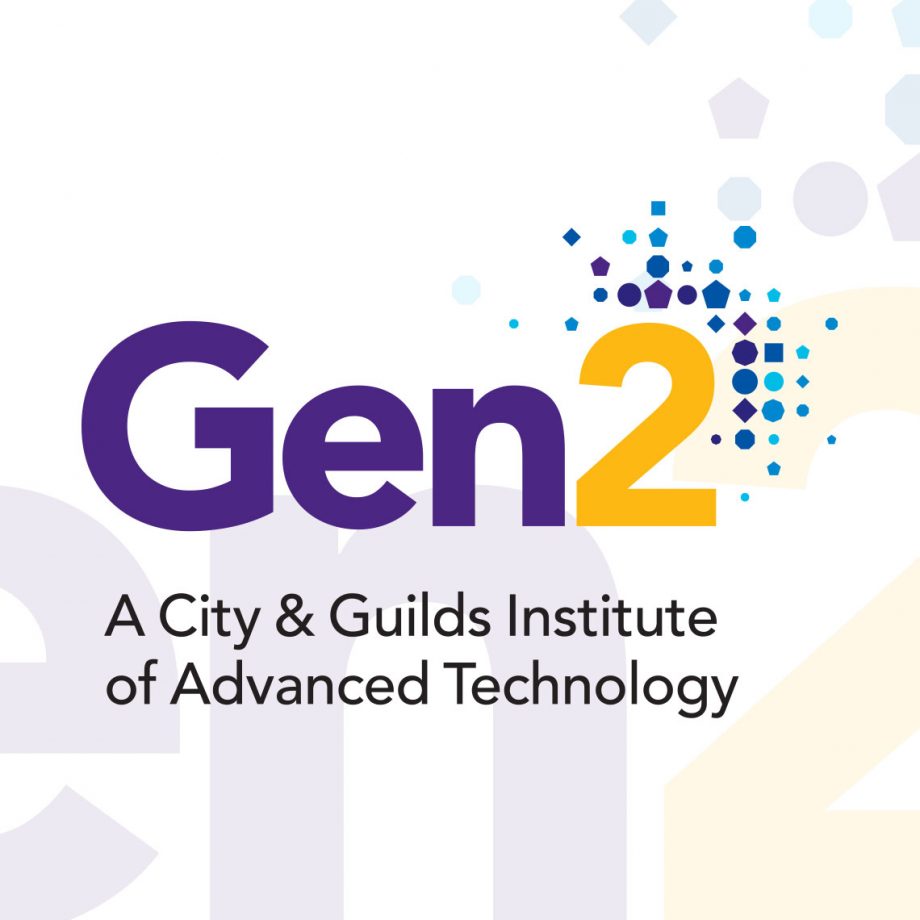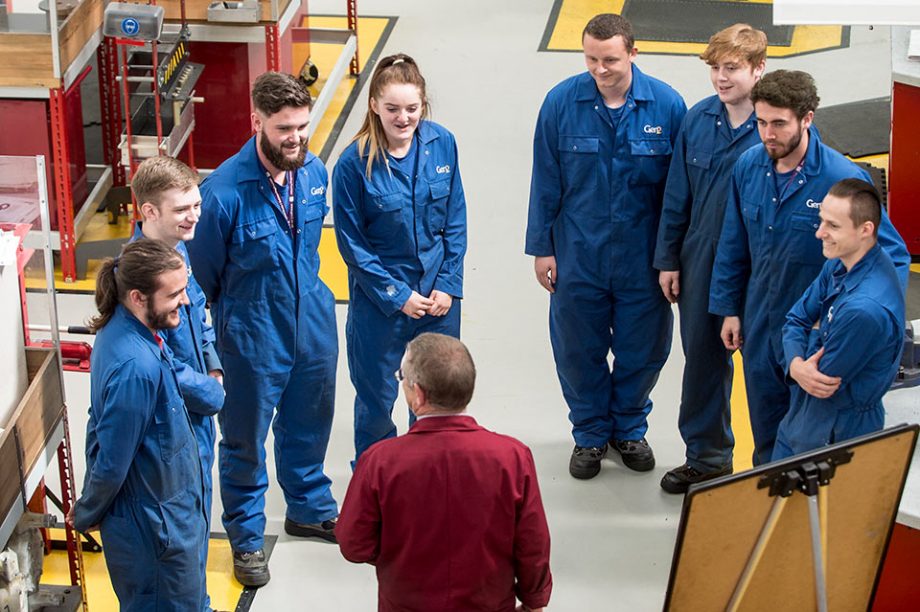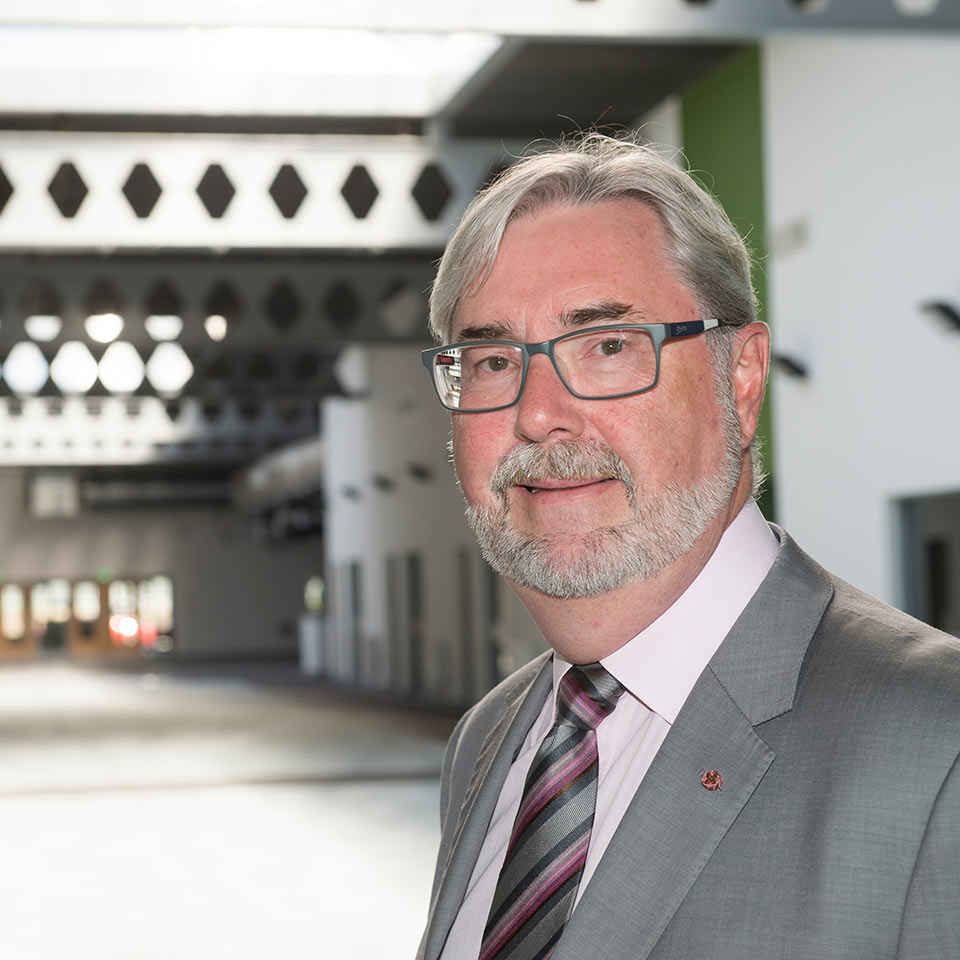
How one of the UK’s leading independent training providers is addressing the skills shortage in Cumbria.
Gen2 is a Cumbrian success story, but one which was born out of necessity. And according to the man in charge, the looming employment deficit – which prompted Sellafield Ltd and four other companies to create their own independent training and skills provider in June 2000 – is getting worse.
Mike Smith OBE worked in the nuclear industry for 20 years before taking over as CEO of Gen2 in 2003. He now presides over the largest training provider to the UK civil nuclear industry, working with over 300 employers across its six sites in Cumbria.
Gen2’s mission is to reduce skills gaps by delivering programmes from study programmes and traineeships to apprenticeships, short courses and on to higher education schemes including degrees and MSc programmes. The company has over 1300 apprentices and 350 students on higher education programmes. It was recently listed as one of the London Stock Exchange’s “1,000 businesses to inspire Britain”.
But from his headquarters in Lillyhall, near Workington, Mike sees trouble ahead.
“The skills gap in Cumbria has got worse over the last 20 years,” he says. “When Gen2 was formed the concern was the lack of craftsmen – welders, fitters, electricians and other Level 3 apprentices. Now it’s more about the higher, Level 4 and 5 skills – jobs that didn’t exist 20 years ago. The big concern among senior business leaders in industries such as nuclear, is where they are going to get the skilled workers and technicians from and how that will affect the supply chain.”
“For Cumbria the biggest challenge is around demographics, such as the shift in working-age population as people retire and move out.”
The fact that Gen2 is currently at the forefront of addressing the skills shortage is testament to the foresight which led to its creation 17 years ago. When Sellafield Ltd joined forces with Amec Foster Wheeler, British Steel, Iggesund Paperboard and Innovia, the idea was to provide training that would not only fulfil their own engineering and technology skills requirements, but those of the wider Cumbrian economy as a whole.
Gen2 has over 1300 apprentices and 250 students on higher education programmes. It was recently listed as one of the London Stock Exchange’s “1,000 businesses to inspire Britain”.
“When we started out we never thought we would get to the size we are now,” Mike says. “The initial idea was to support the founder members and the local supply chain – but what we learned was that employers liked what we did. We had a handle on what businesses needed because our background is industrial not educational.
“Working with employers is in our DNA. Everyone employed by Gen2 has worked in industry, so we understand the issues. We ask people what they need rather than telling them.”
As CEO, Mike believes a major part of his job is looking forward – “Broad scanning” as he describes it. What he sees concerns him. Indeed he sums it up with the acronym VUCA (Volatile, Uncertain, Complex and Ambiguous), originally coined by the US Military to describe the geopolitical landscape at the end of the Cold War.
“The political situation, Brexit, the apprentice levy, a lack of leadership – wherever you look at the moment there is confusion,” he says. “It’s like being a ship’s captain in an ice field, there are challenges in every direction.”
Reassuringly, perhaps, Gen2 is fighting fire with fire. In June this year, the business was acquired by the City & Guilds Group, a skills provider since 1878 and one whose portfolio also includes The Oxford Group, Kineo, ILM, Digitalme and e3Learning. The acquisition expands the City & Guilds Group’s remit in technical and skills development, and strengthens its offer in STEM related industries, which are often hampered by skills gaps.
“It was a purely pragmatic decision. We had to ask ourselves what next for a business turning over £12-20m a year? Size matters and we are in a competitive market – the education sector is pretty cut-throat.”
“We have had a long partnership with City & Guilds, and over the last few months we have discussed the situation. Yes, Gen2 is now a subsidiary of City & Guilds Group but we remain a stand-alone business.”
“The whole point is that we share the same values and principles. It’s not just about how big they are and how deep their pockets are. We also share a social purpose. Everything we do is in support of businesses and individuals, to help them do the best they can in life.”
The link with City & Guilds puts Gen2 in prime position to become one of the government’s new wave of ‘Institutes of Technology’ – essentially a ‘kite mark’ given to providers that excel at higher-level technical education.
“And of course the big benefit to our clients is that, through the City & Guilds Group, we will be able to access additional expertise, resources and financing.”
In the longer term the link with City & Guilds puts Gen2 in prime position to become one of the government’s new wave of ‘Institutes of Technology’ – essentially a ‘kite mark’ given to providers that excel at higher-level technical education, with the added bonus of £170m in capital funding.
“Another major benefit of being part of City & Guild Group is that it opens up opportunities for us outside the UK,” Mike points out. “There has been early discussion about what might be able to do in the Middle East, for example.”
“Institutes of Technology are all about bringing kudos to the technical vocational learning. There are still a lot of people who think that vocational education is second best and not on a par with higher education. They‘re essentially about increasing the number Level 4 and 5 technicians, which is where the UK has the biggest skills gap.”
The City & Guilds Group takeover comes as Gen2 prepares to open a multi-million pound facility at Lillyhall this autumn to expand its training and educational services for the energy, engineering and advanced manufacturing sectors. The 7,000sq metre facility will include engineering training workshops equipped with specialist equipment and machinery, along with classrooms to accommodate an additional 500 learners.
“We will do what we have always done, and that is to work with employers to plug the skills gap and put into place systems whereby there is a constant stream of qualified workers for where they are needed most.”
We will do what we have always done, and that is to work with employers to plug the skills gap and put into place systems whereby there is a constant stream of qualified workers for where they are needed most.
